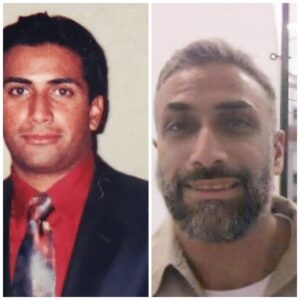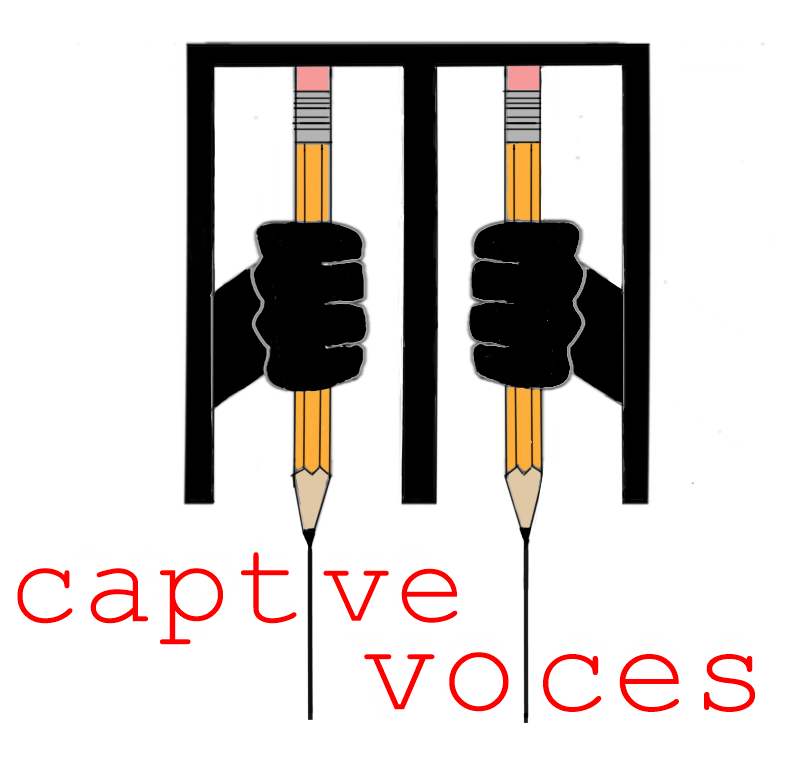About
Captive Voices
Captive was inspired by the works of Tariq MaQbool. It was created by Tariq’s family & friends to encourage others to tell their truths. Because, the reality is this that the odds are stacked against the incarcerated in this country. And their plight goes unchecked due to a systematic silencing by the political elite, the Prison Inc., and the media at large.
Moreover, there also remains a silent populace, the loved ones of those who are locked behind bars. They too are held captive, emotionally, and financially. And in a way, they are also “doing time” due to a brutal, and unfair, prison & justice system.
Therefore, to bring about change, we wholeheartedly believe in Tariq’s vision and misson to educate the public by telling a first hand narrative from behind the walls.
We hope that you will join us in this endeavor, and will lend your hand, efforts, best wishes, and voice towards a better future.
Who we are?
Extraordinary Experiences
Click edit button to change this text. Lorem ipsum dolor sit amet, consectetur adipiscing elit. Ut elit tellus, luctus nec ullamcorper mattis, pulvinar dapibus leo.
Our Core Values
- Locavit liberioris possedit
- Diremit mundi mare undae
- Spectent tonitrua mutastis
TARIQ MAQBOOL'S INTERVIEWS

Tariq MaQbool was one of Prison Journalism Project’s earliest regularly contributing writers, and we look forward to reading each new piece he sends us. Why? Tariq’s careful and empathetic observations help us get a better sense of the spiritual and the concrete realities of life in prison.
Abdul Muhaymin al-Salim converted to Islam during his incarceration on drug charges at a federal prison in South Carolina from 2004 to 2014. In his first year there, the 49-year-old remembers a Muslim volunteer coming to the prison a couple of times a month to lead religious services.
Tariq MaQbool detailed his experience with solitary confinement and violent discrimination against Muslim Americans in the decades following 9/11. MaQbool, who is in prison in New Jersey but maintains his innocence, remembers the two years he spent in administrative segregation (a form of solitary) pretrial, as the worst of his 18 years in prison.
In his oral history interview, Tariq MaQbool, an incarcerated writer, said that he is interested in finding studies about the impact of long-term incarceration on humans. “But,” he said, “the travesty of this particular search is that my hands are tied.



